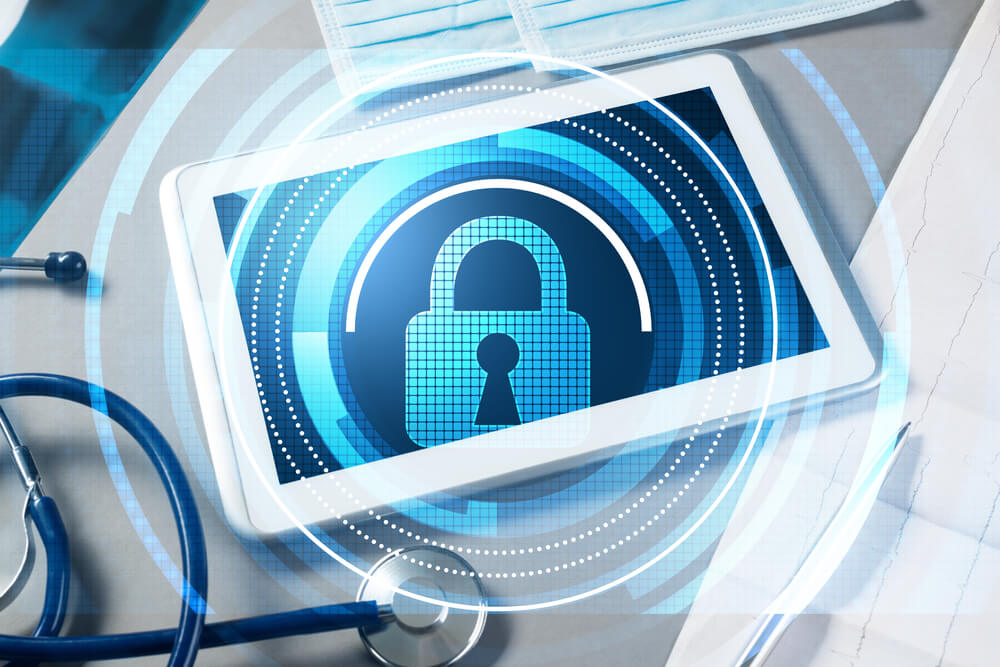In today’s digital age, technology permeates every aspect of our lives, including healthcare. Online consultations, electronic health records (EHRs), and mobile health apps offer unprecedented convenience and accessibility. However, they also introduce significant risks to your confidential information. This article explores how to protect your medical data online and emphasizes your personal responsibility in doing so.
Digital Threats to Health Data
Medical data is a valuable asset for cybercriminals, containing sensitive information about your health, insurance, finances, and more. Common cyberattacks targeting medical records include:
- Ransomware: Attackers encrypt your data and demand a ransom for its recovery.
- Identity Theft: Criminals access your medical data for fraudulent activities, such as obtaining medical services or prescriptions in your name.
- Phishing Attacks: Scammers send emails or messages disguised as healthcare providers to steal your personal information.
- Data Breaches: Unauthorized access to healthcare databases can lead to massive leaks of confidential data.
Practical Steps for Digital Security
- Strong Passwords and Multi-Factor Authentication (MFA):
- Use complex passwords with letters, numbers, and symbols.
- Enable MFA whenever possible for added security.
- Secure Use of Medical Apps and Online Portals:
- Download apps only from official app stores.
- Verify the reputation of online portals before sharing data.
- Avoid storing sensitive information on public computers.
- Recognizing and Preventing Phishing Attacks:
- Be cautious of emails and messages from unknown senders.
- Avoid clicking links or opening attachments from suspicious sources.
- Verify website authenticity by manually typing the address.
- Regular Software Updates and Antivirus Protection:
- Install software updates to patch known vulnerabilities.
- Use reputable antivirus software to protect against malware.
- Local Data Storage:
- Storing data on personal devices using specialized applications is often more secure than online services.
- When storing data locally:
- Use strong data encryption.
- Regularly back up your data.
- Restrict device access with passwords or biometric authentication.
- Use only trusted applications.
Conclusion: Your Responsibility for Data Security
Protecting medical data is an ongoing process that requires vigilance and responsibility. By following these simple tips, you can significantly reduce the risk of confidential information leaks and keep your health data secure.

